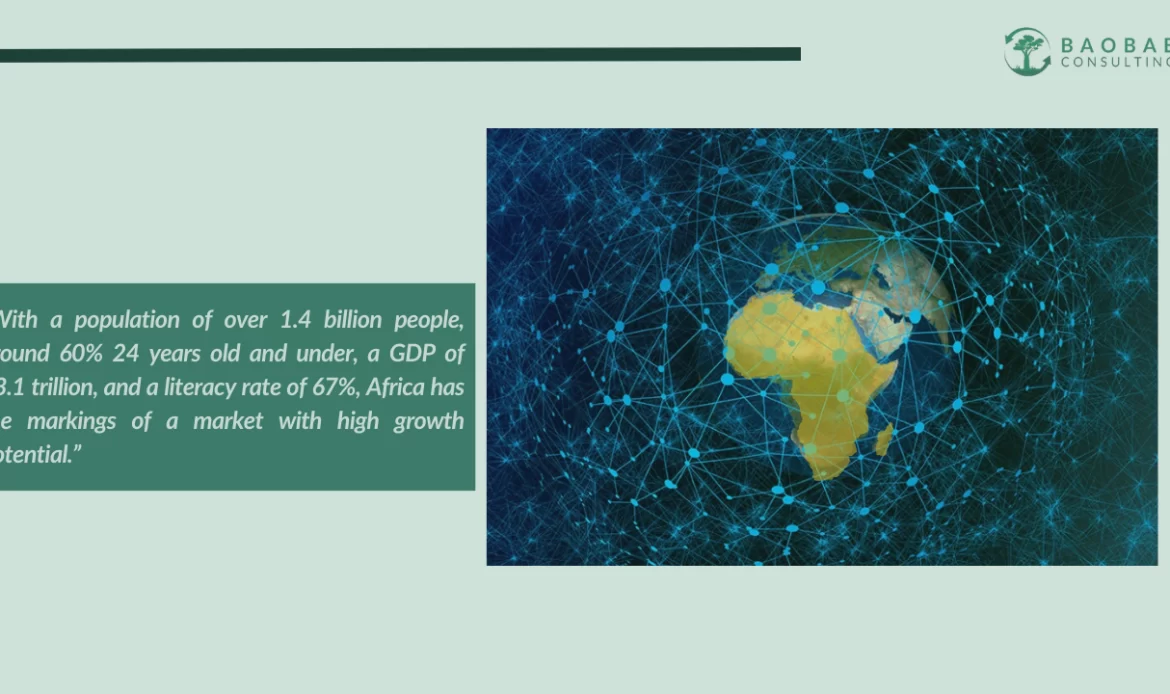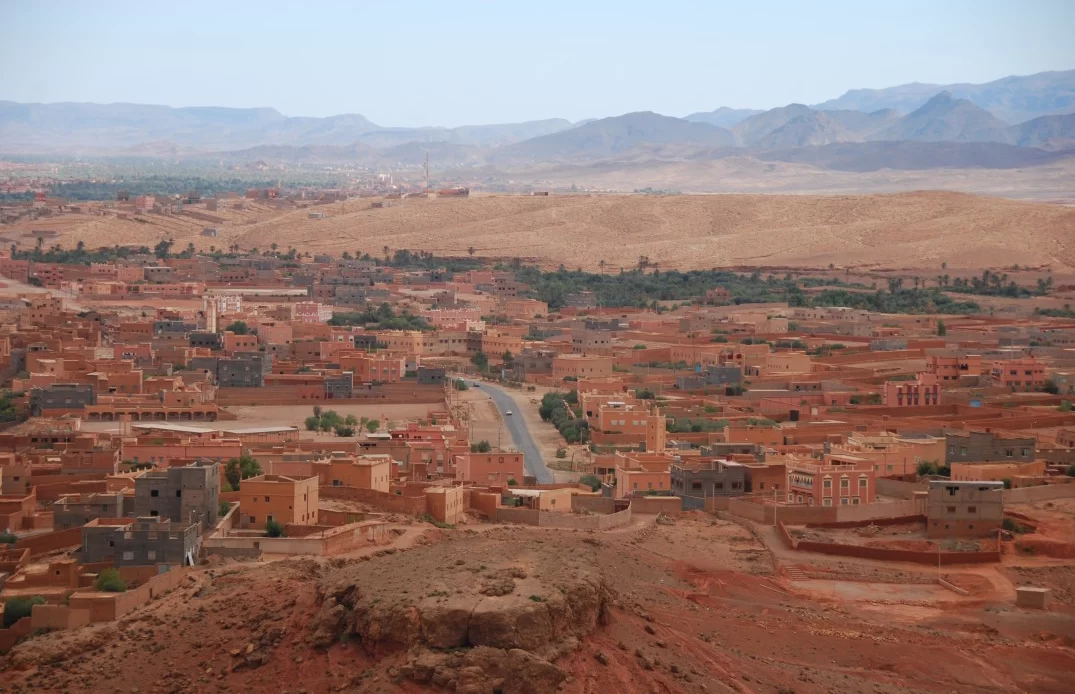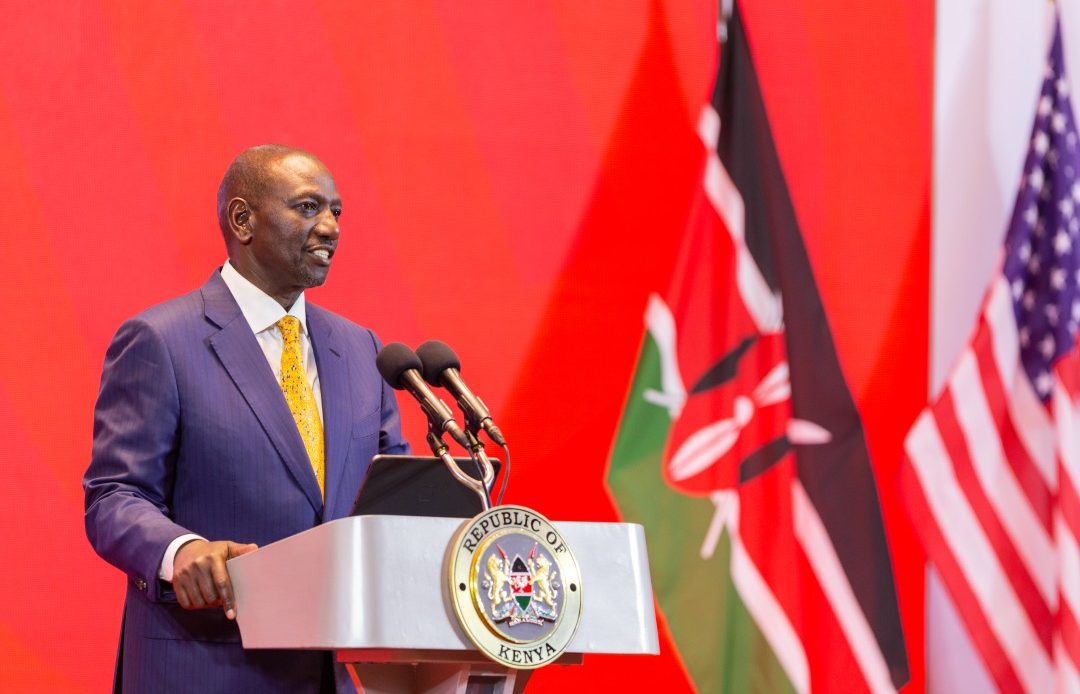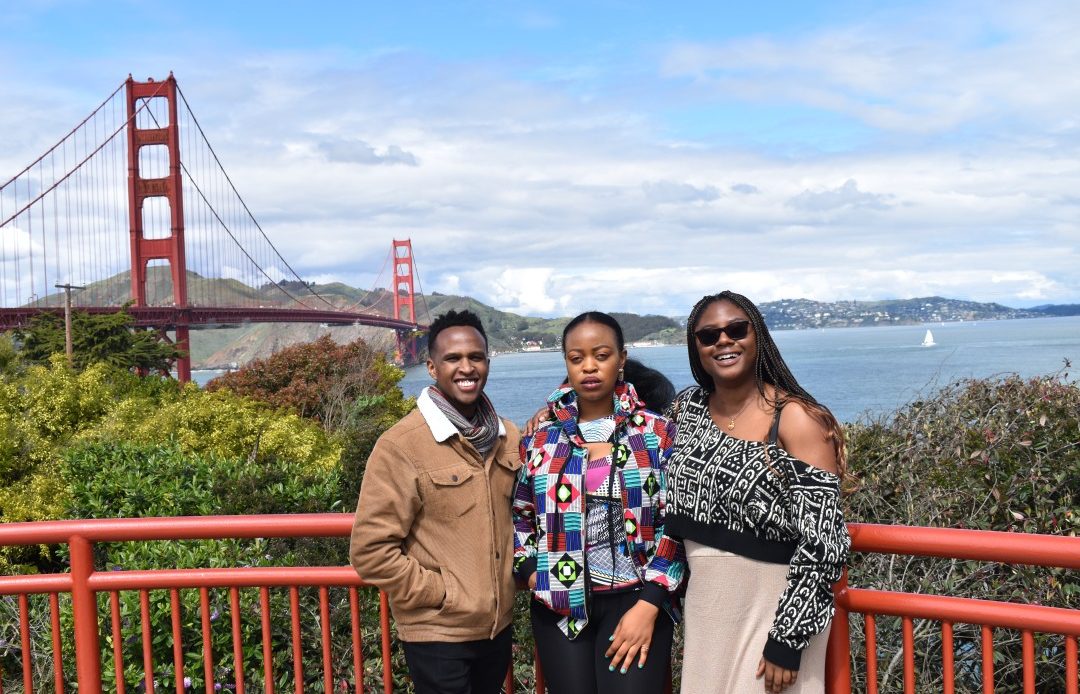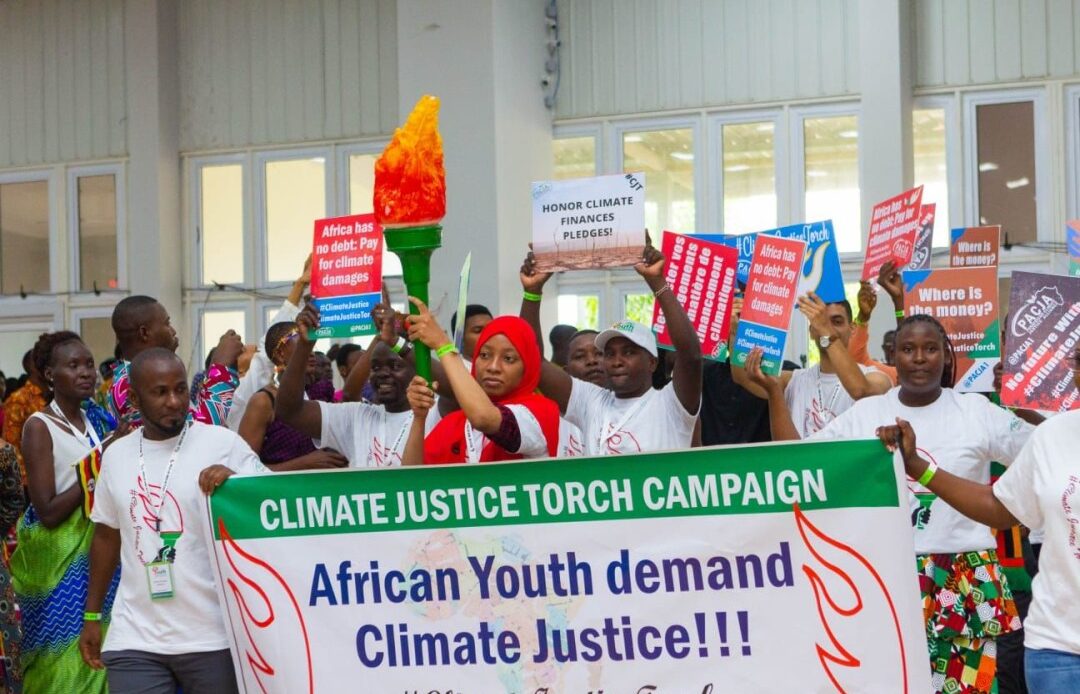Just a few days ago, USC’s African Global Economic and Development Summit announced that it lost 100 attendees from Sierra Leone, Guinea, Ghana, Nigeria, Ethiopia and South Africa — 100% of its African registrants — due to
In other words: a summit about development in Africa had no Africans in attendance because every single one was denied a visa.
On February 26,
It is clear our immigration policies will be shutting even more doors for Africans, and other targeted populations, who wish to come to the US — and those who need to for their jobs. Doors will even close for Mohamed Bzeek, an immigrant from Libya,
Many Americans working in the development/social impact space are nervous about what this will mean for the people we work with. Should we host our events in the US? How will US-based organizations who convene global meetings manage to get all their stakeholders together? How will we as ordinary citizens show our African colleagues, friends and family members that we value them as intellectuals, businesspeople, program managers and community organizers, when our government is saying they are unwelcome?
We must continue to work towards the world we wish to live in. A world where Americans recognize the brilliance and innovation coming from Africa and the rest of the world, and work together as equal partners. A world where consumers seek African products for their quality and beauty, not to feel like they are donating to charity. A world where doors are open to everyone, encouraging us to be better neighbors and take care of each other, just like Mohamed does.
The rest of the world is seeing America much differently yet again. The results of the election have paved the way for
This begins with education. American schools must teach intercultural communication skills. This includes teaching basic computer and technology skills, but also the more nuanced art of communicating online. Americans need to know how to write emails, draft social media posts and build appropriate profiles to appeal and be sensitive to a global audience. They also must learn how to define culture (local, regional, national, international) so they understand that everyone has their contexts and lived experiences, and that there’s always more than one right answer.
Americans must learn to build professional and personal relationships carefully and sensitively beginning at an early age. They must be exposed to people outside of their local culture, and be shown the right way to interact with those who are different from them.
It is also important we really listen to and incorporate the voices of Africans when we have summits, conferences and other events about African Development here. Events that must take place on US soil should also feature online components to welcome African participants. US-based corporations, nonprofits and other institutions working in “African development” should make it their priority to give all their employees the tools and the skills to clearly communicate their ideas with an international audience, even if they are not physically present.
We must remember that working with Africa is not a given. Investment and collaborative opportunities must be earned, and the US government’s

